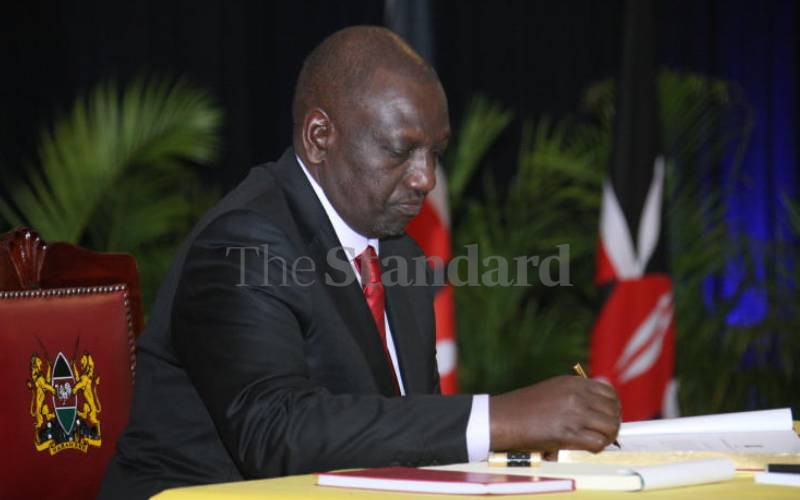×
The Standard e-Paper
Kenya’s Boldest Voice

The tension was thick and palpable. All eyes were fixed on the red telephone handset atop the large mahogany desk. He stood still.
Sweat trickled down his balding head streaming through the furrows on his face. At last, it rang. The sudden sound startled us all and we momentarily froze. With his hands trembling, he reached out and picked it up.